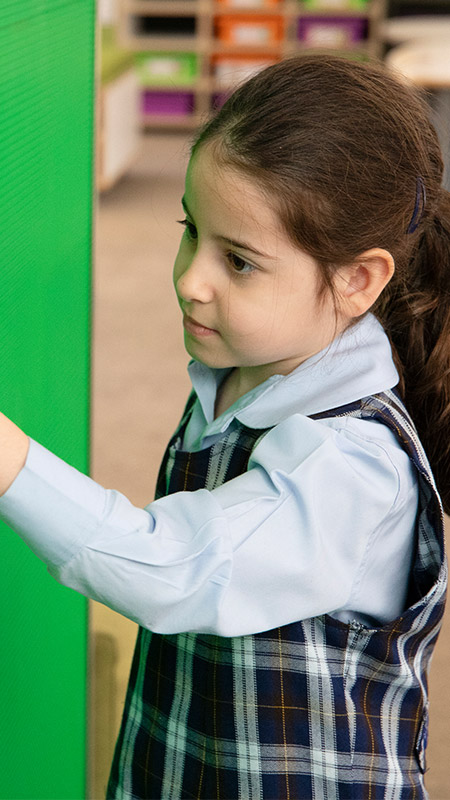Every child is different and so is his or her learning journey
Our approach to learning puts the growth of each individual child at the heart of schooling. Schools in the Diocese of Parramatta are places of wonder, exploration and endless possibilities. Trinity Catholic Primary welcomes and truly values each student in our diverse and multicultural learning community.
Each child’s unique strengths and needs guide the design of the learning opportunities we provide to our students.
After all, learning how to learn is equally important as what we learn!

Inspired learning starts with highly motivated and professional teachers
Like you, we know that great teachers make a real difference in a child’s life. Our teachers are lifelong learners too and regularly undertake professional development to keep up to date with current best practice in education. Our expert teachers will tailor teaching to meet your child at their point of need, track how they are progressing, and respond with extra support when needed.
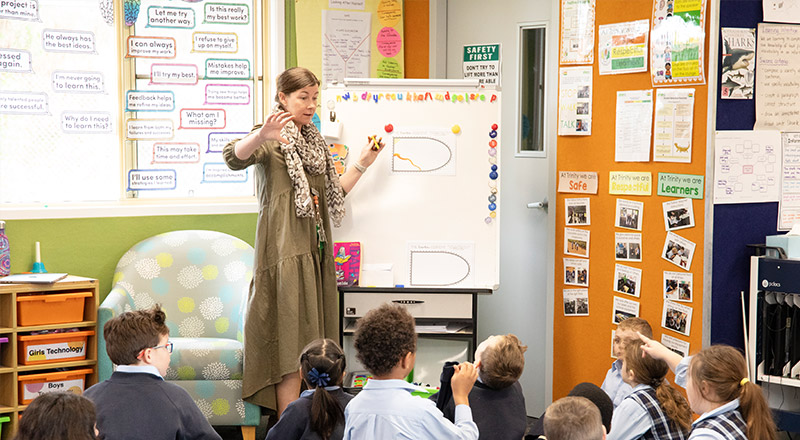
Our Learning Journey
The Catholic Schools Parramatta Diocese Learning Journey honours the developmental stages in a student’s life. Based on leading educational research and the best of today’s technologies, we prepare students for the workplaces of the future by teaching them how to think critically and creatively, how to communicate effectively and how to work collaboratively.
Our Learning Journey
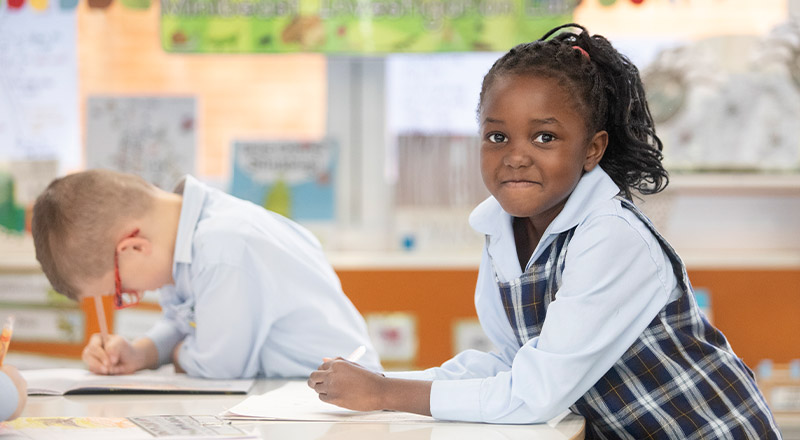
Our Learning Approach
The learning culture at Trinity is one that focuses on teaching to the individual needs of each child, where the children are encouraged to take the ‘next step’ in their learning.
At Trinity, we understand that the three areas which really make a difference to student learning outcomes (that is, which enhance effective teaching), are:
- Focused teaching based on the needs of the children
- High expectations
- Uninterrupted time for learning.
As a school we ensure that prime learning time, particularly the first two hours of the morning, is free from interruptions to learning where possible. 'Uninterrupted time for Learning' is a school policy.
Our Learning Approach

Our Learning Spaces
The learning spaces at Trinity are designed to enhance the learning opportunities of our students. From the latest technology to flexible seating options and adaptable class sizes, students will learn how to work both independently and as part of a small or large group depending on the task at hand.
School Library
Our library is a physical and digital place of reading and inquiry. Through access to our library resources and services, students develop a range of learning capabilities that thrive on curiosity, creativity, imagination and innovation.
School Library
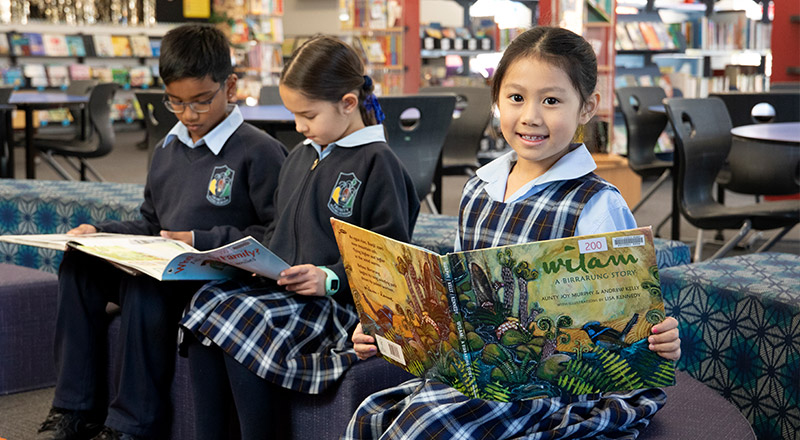
Aboriginal and Torres Strait Islander education
Catholic Schools Parramatta Diocese (CSPD) recognises and respects the heritage, spirituality, cultures and deep connection to Country of Aboriginal and Torres Strait Islander peoples.
An understanding of Aboriginal spirituality is incorporated into Religious Education programs, prayer and liturgy. A number of our schools have dedicated yarning spaces, cultural groups and inclusive Aboriginal Cultural Programs. Working closely with Catholic Schools NSW and all CSPD staff, our Jarara Cultural Centre is an integral part of how we share culture, build capacity and provide pastoral care for Aboriginal and Torres Strait Islander students and their families.
Aboriginal and Torres Strait Islander education

Aspect Satellite Class
Trinity Catholic Primary is a host school for one of eleven satellite classes supported from the Western Sydney School for children with Autism. As the host school, we work in partnership with Aspect by providing integration involving spiritual, social, academic and sporting opportunities. We offer an inclusive and welcoming environment for all students.
The class is a primary class for children aged from five to twelve years and is supported by a teacher and teacher's aides. Integration is accommodated in the mainstream classroom, with the assistance of an aide, with a view to independent integration where possible. Students are included in mainstream school life as often as possible, participating in whole school activities, playground activities, assemblies and some excursions.
If you are interested in enrolling your child in the Aspect class, contact Aspect Western Sydney School, Wetherill Park on 8786 3000, or via email at westsyd@autismspectrum.org.au
Aspect Satellite Class
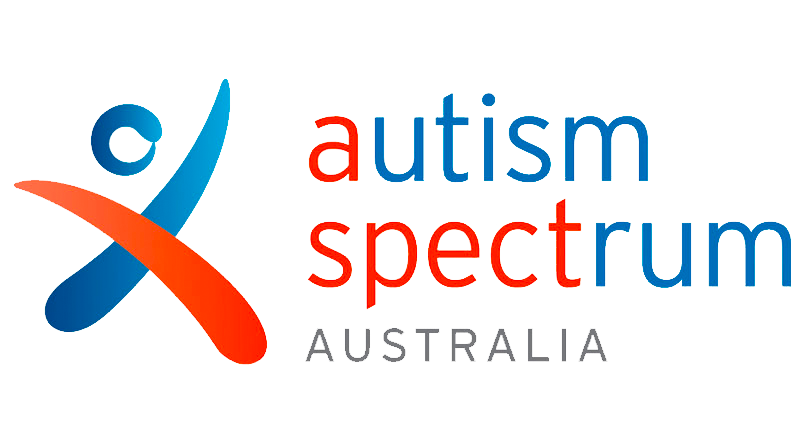
Endless possibilities with learning partners
Our learning approach makes a welcome space for parents, carers and other valued partners to engage with our learners in a deeply personalised, anywhere, anytime approach to learning.
As part of a system of Catholic schools in the Diocese of Parramatta, we also benefit from formal agreements with many institutions that form a wide network of strategic relationships and collaborations to advance research, teaching and innovation in Catholic schools across Greater Western Sydney.
Endless possibilities with learning partners

We help students be the best learners they can be
Contact Trinity Catholic Primary today to learn more.
What We Offer
Discover what makes us different from other schools.
Tours & Events
Explore the school and meet our dedicated staff.
How to Enrol
Let us help you get started on the enrolment process.
Contact Us
Have a question? Talk with our friendly school staff.

